Compliance with the FATF Standards
High-risk and other monitored jurisdictions
Jurisdictions under Increased Monitoring
Jurisdictions under increased monitoring are actively working with the FATF to address the strategic deficiencies in their regimes to counter money laundering, terrorist financing and proliferation financing. When the FATF places a jurisdiction under increased monitoring, it means the country has committed to implement an Action Plan to resolve swiftly the identified strategic deficiencies within agreed timeframes. At this Plenary, the FATF added Kenya and Namibia to the list of jurisdictions subject to increased monitoring.
Jurisdictions no Longer under Increased Monitoring - Barbados, Gibraltar, Uganda and the United Arab Emirates
The FATF plenary congratulated Barbados, Gibraltar, Uganda and the United Arab Emirates for their significant progress in addressing the strategic AML/CFT deficiencies previously identified during their mutual evaluations. These jurisdictions had committed to implement an Action Plan to resolve swiftly the identified strategic deficiencies within agreed timeframes. These countries will no longer be subject to the FATF’s increased monitoring process.
This comes after a successful on-site visit to each of these countries. Each country will work with the FATF-Style Regional Body, of which it is a member, to continue strengthening their AML/CFT/CPF regimes.
Jurisdictions subject to a call for action
FATF identifies countries or jurisdictions with serious strategic deficiencies to counter money laundering, terrorist financing, and proliferation financing. These jurisdictions are subject to a call for action to protect the international financial system. No new countries/jurisdictions were added to this list.
Strategic Initiatives
Setting the Strategic Priorities for 2024-2026
In preparation for the next biennium, delegates discussed the specific areas of focus for the FATF to deliver on its mandate to prevent criminals, the corrupt and terrorists from abusing the international financial system and strengthen the foundations for sustainable and more inclusive economic development.
The FATF’s Strategic Priorities will be presented to FATF Ministers at the upcoming FATF Ministerial meeting in April.
Increasing Beneficial Ownership Transparency Globally
FATF Risk-Based Guidance - Recommendation 25 on Beneficial Ownership and Transparency of Legal Arrangements
Following the February 2023 revisions to FATF Recommendation 25 on Beneficial ownership and transparency of legal arrangements, the FATF has updated its risk-based guidance for this Recommendation. The guidance complements the existing guidance on Recommendation 24 on legal persons and aims to help stakeholders from the public and private sectors that are involved in trusts or similar legal arrangements to assess and mitigate money laundering and terrorist financing risks.
The finalised guidance reflects input from public consultations on the draft guidance following the October Plenary. The FATF extensively engaged with the private sector and other stakeholders on this initiative. The updated guidance completes a comprehensive body of work aimed at improving transparency of beneficial ownership globally. FATF’s strengthened standards and guidance in this area will help identify the corrupt, sanctions evaders, money launderers and tax evaders who hide or launder their criminal property or activities in shell companies or other complex structures as well as trusts or other legal arrangements.
The FATF will assess countries’ implementation of these requirements during its upcoming round of mutual evaluations.
The guidance will be published at the end of February.
Leveraging Digital Transformation: Virtual Assets
Many countries have yet to fully implement the FATF’s revised Recommendation 15. Given the inherently borderless nature of virtual asset activity, this lack of implementation leaves significant loopholes globally, that criminals and terrorists exploit.
In February 2023, the FATF Plenary agreed on a roadmap to strengthen implementation of the FATF Standards on virtual assets and virtual asset service providers. The FATF conducted a stocktake of current levels of implementation across the global network.
The Plenary agreed to publish an overview of the steps that FATF and FSRB member jurisdictions with the most materially important virtual asset activity, based on trading volume and user base, have taken to regulate and supervise virtual asset service providers (VASPs). The purposes of this exercise are to enable the FATF network to support these jurisdictions in regulating and supervising VASPs for AML/CFT purposes and to encourage jurisdictions to fully implement Recommendation 15.
Payment Transparency
The FATF has worked on proposed amendments to Recommendation 16, to reflect the rapid development of cross-border payment systems, and changes to industry standards in particular ISO20022.
These revisions aim to help make cross-border payments faster, cheaper, more transparent and more inclusive whilst ensuring AML/CFT compliance, and ensure that FATF Recommendation 16 remains technology-neutral.
The Plenary agreed to release the proposed revisions for public consultation.
Protecting Non-Profit Organisations from abuse for Terrorist Financing
At its October 2023 Plenary, the FATF agreed on amendments to Recommendation 8 that aim to protect non-profit organisations (NPOs) from potential terrorist financing abuse through the effective implementation of risk-based measures. The FATF also updated its best practices to reflect the amendments to Recommendation 8 and to help countries, the non-profit sector and financial institutions understand how best to protect relevant NPOs from abuse for terrorist financing, without unduly disrupting or discouraging legitimate NPO activities.
The FATF has now agreed on changes to its assessment methodology for the next round of mutual evaluations, which clarify the existing obligations to apply risk-based measures to protect NPOs that are most vulnerable to potential terrorist financing abuse and prevent the unintended consequences of the incorrect application of the FATF’s requirements.
FATF Presidency 2024-2026
This week, the Plenary decided to appoint Ms Elisa de Anda Madrazo of Mexico as the next President of the FATF, for a fixed two-year term.
FATF members took this decision following a comprehensive process which included consultations with all delegations. Ms de Anda Madrazo, who was FATF Vice President from 1 July 2020 to 30 June 2023, will take up duties on 1 July 2024, the day after the two-year Presidency of Mr. T. Raja Kumar concludes.

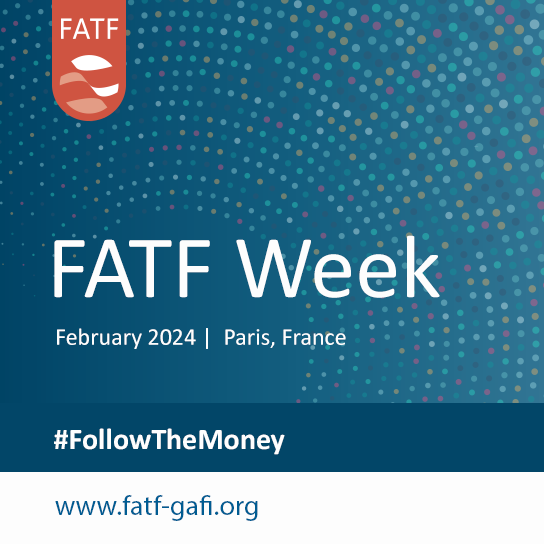
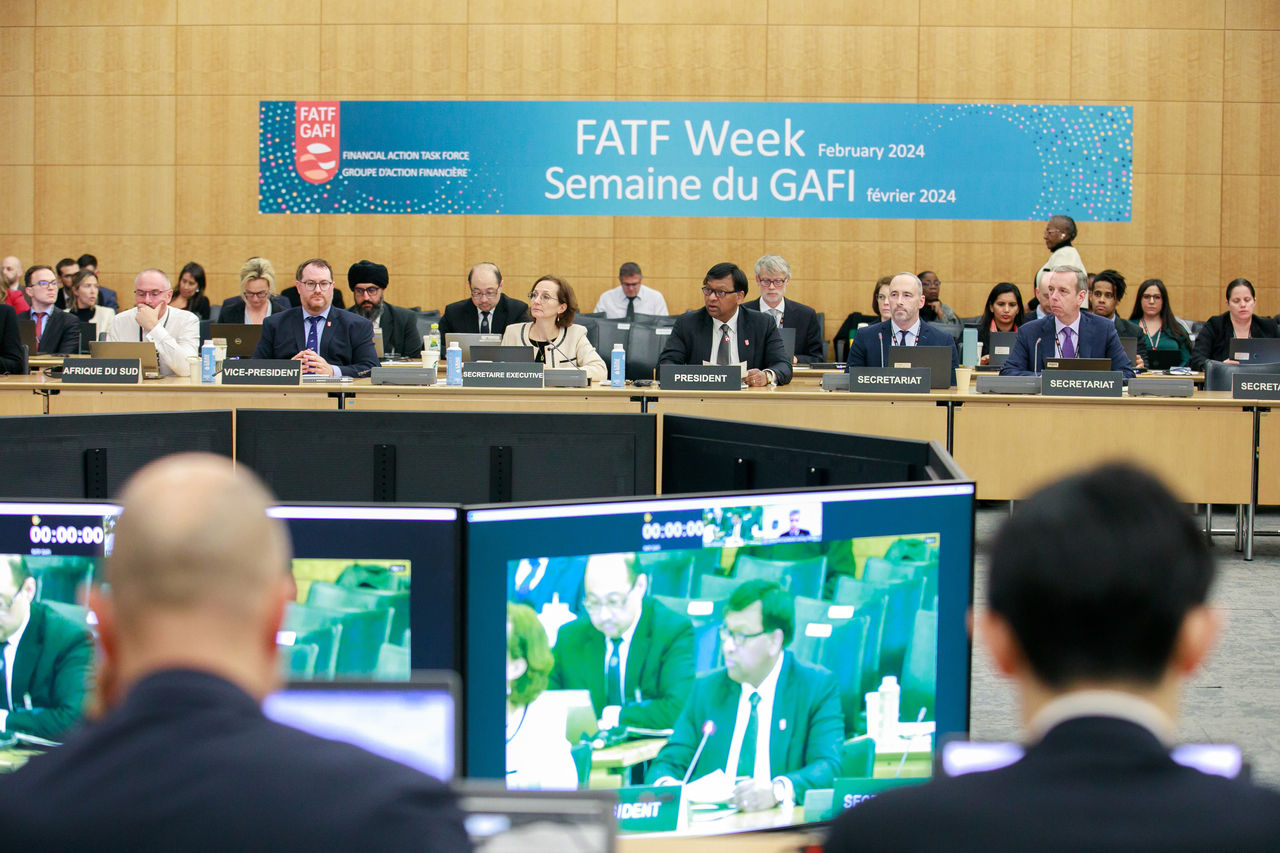
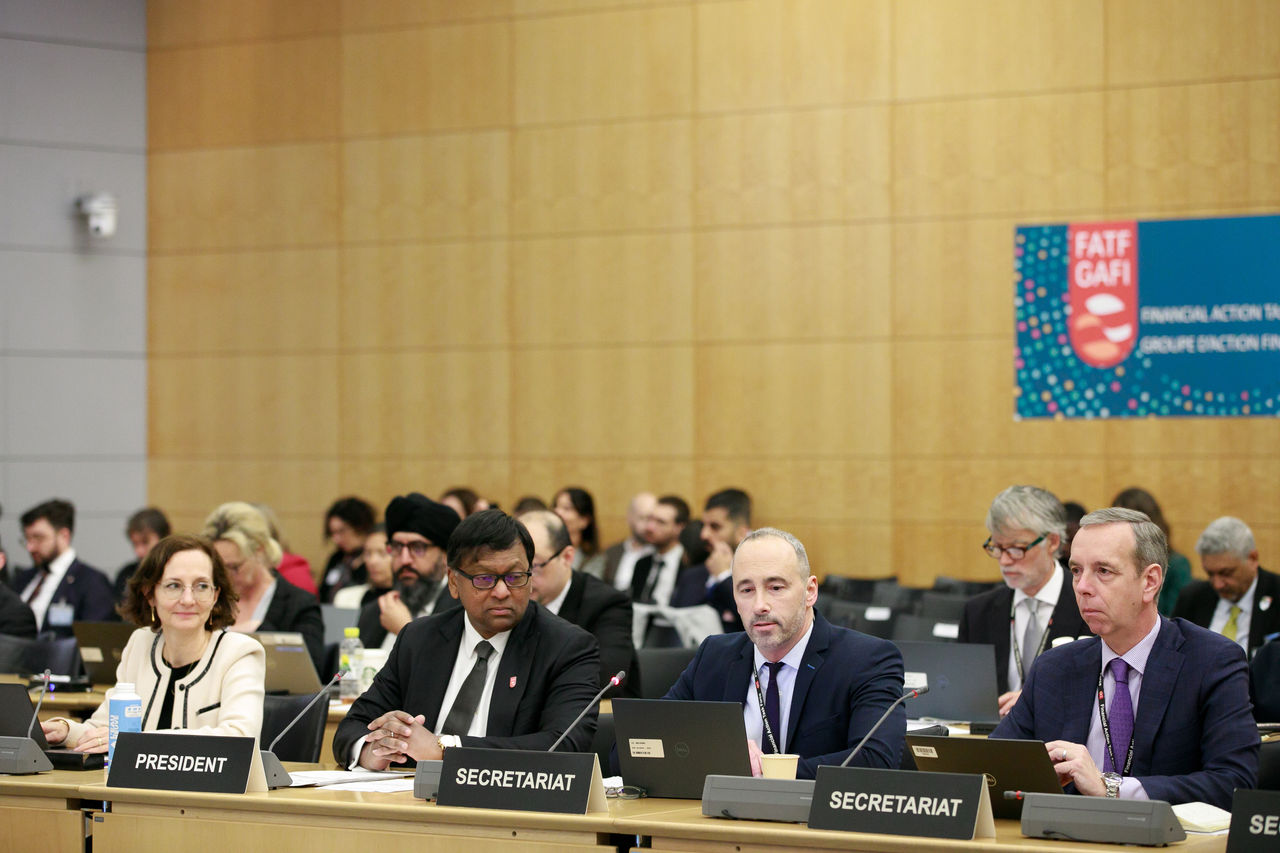
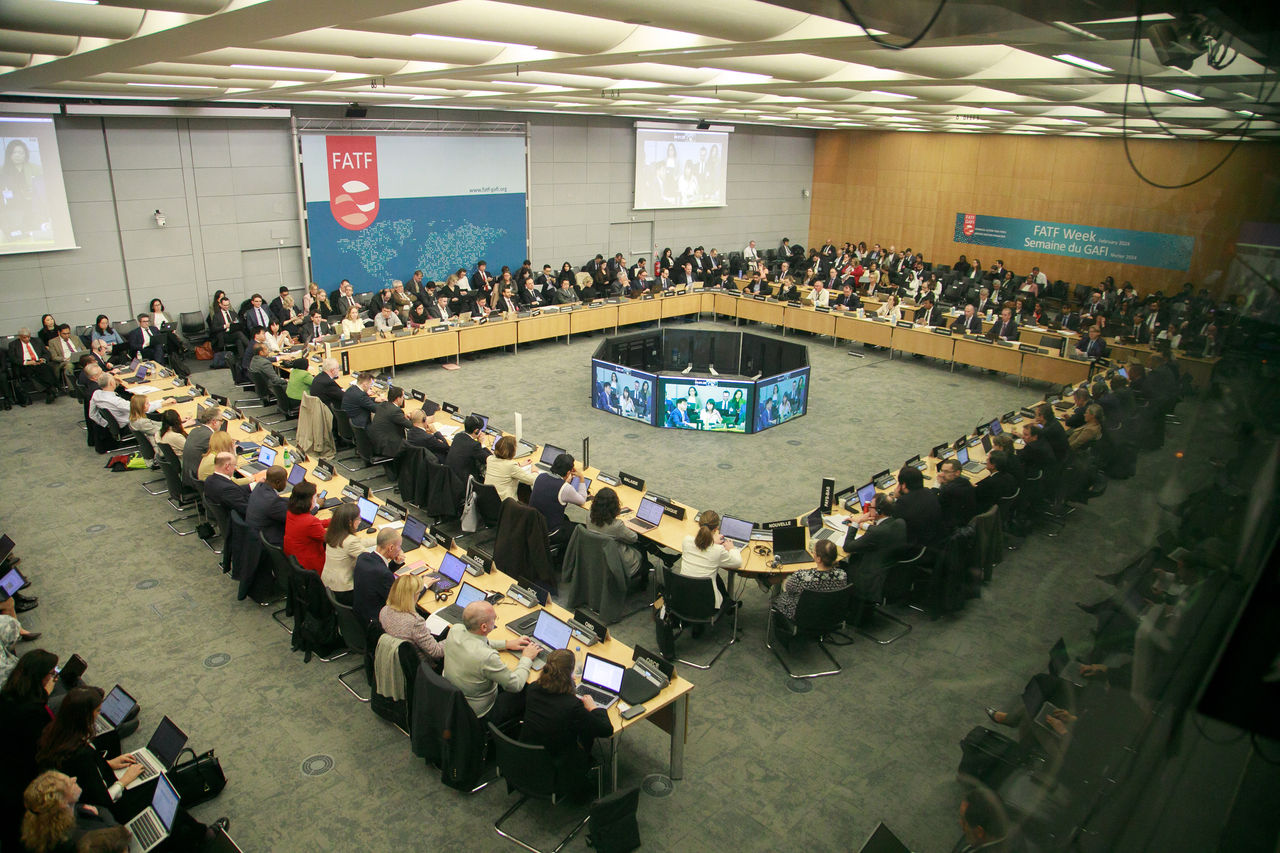
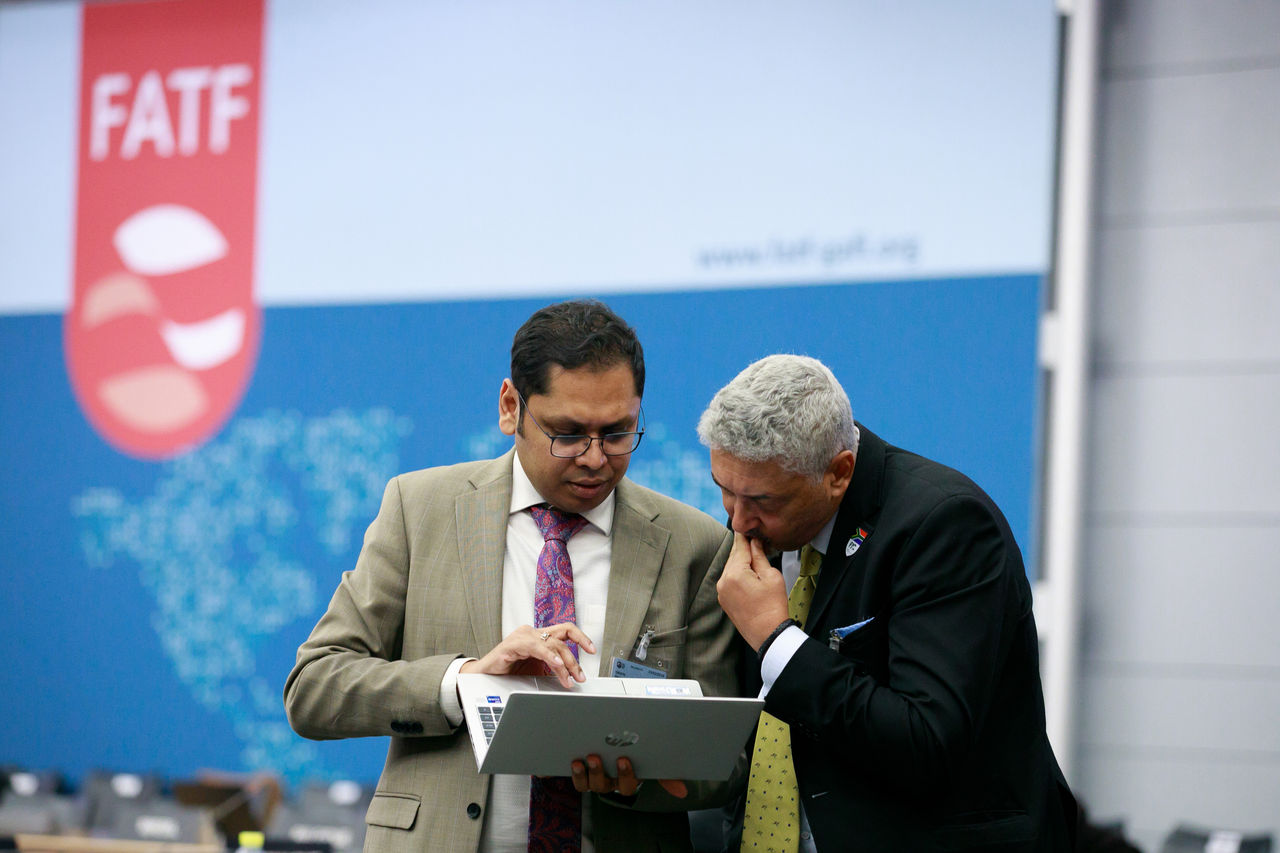
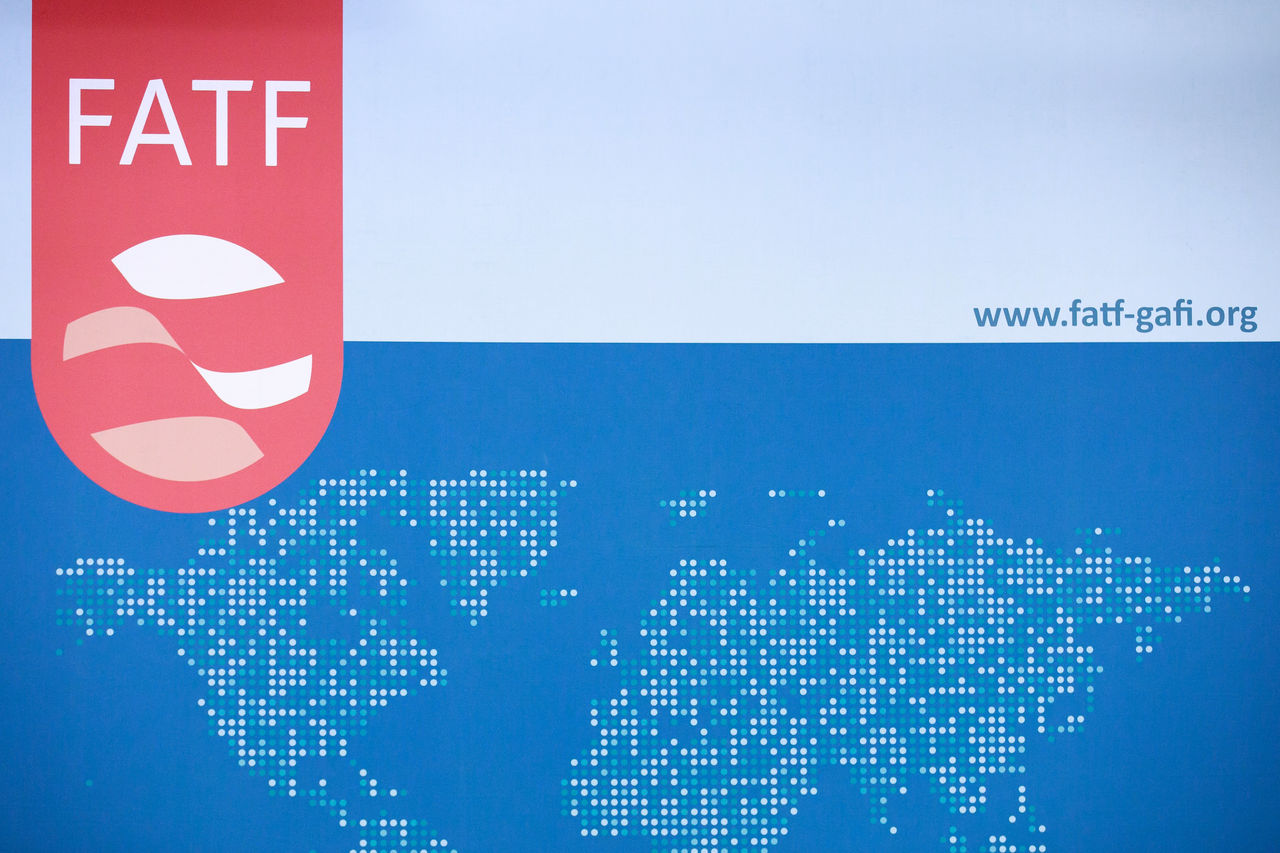
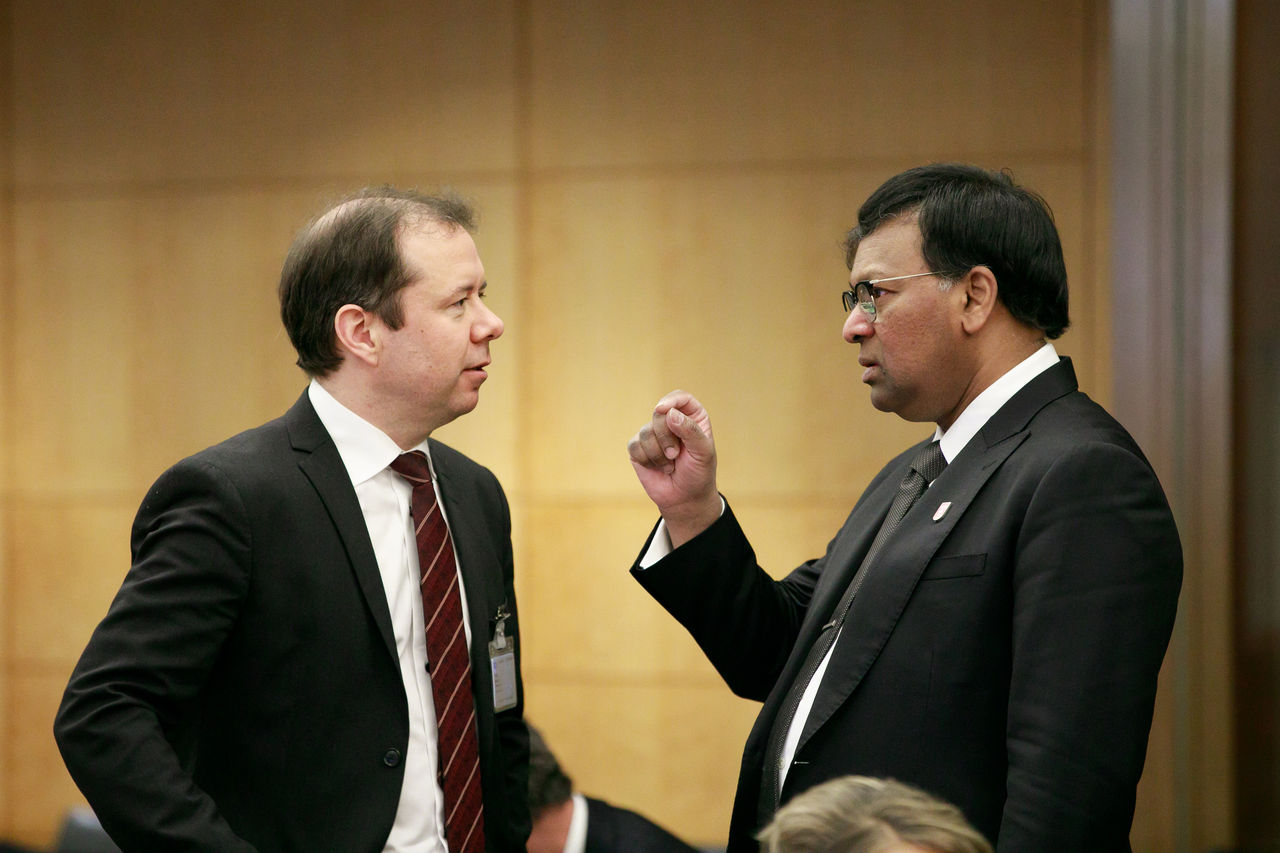
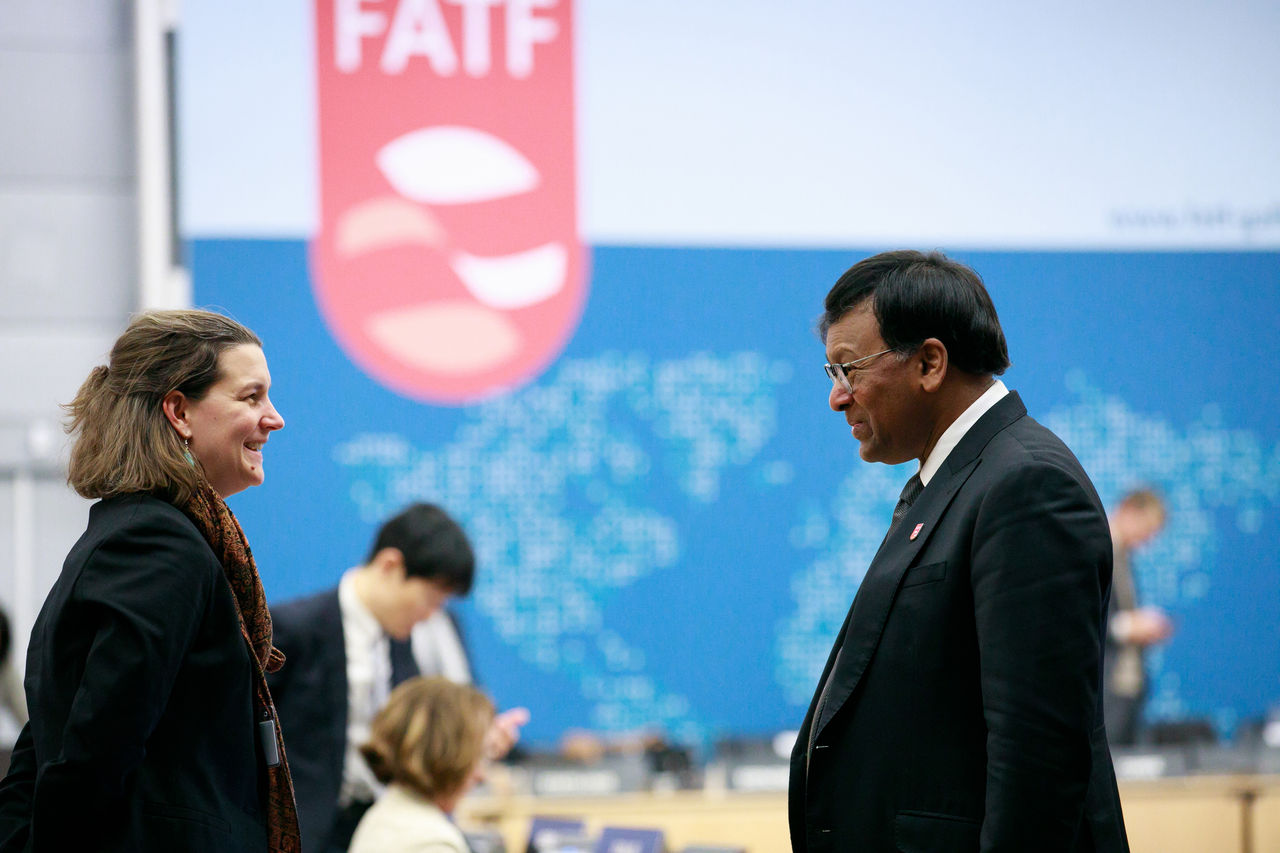
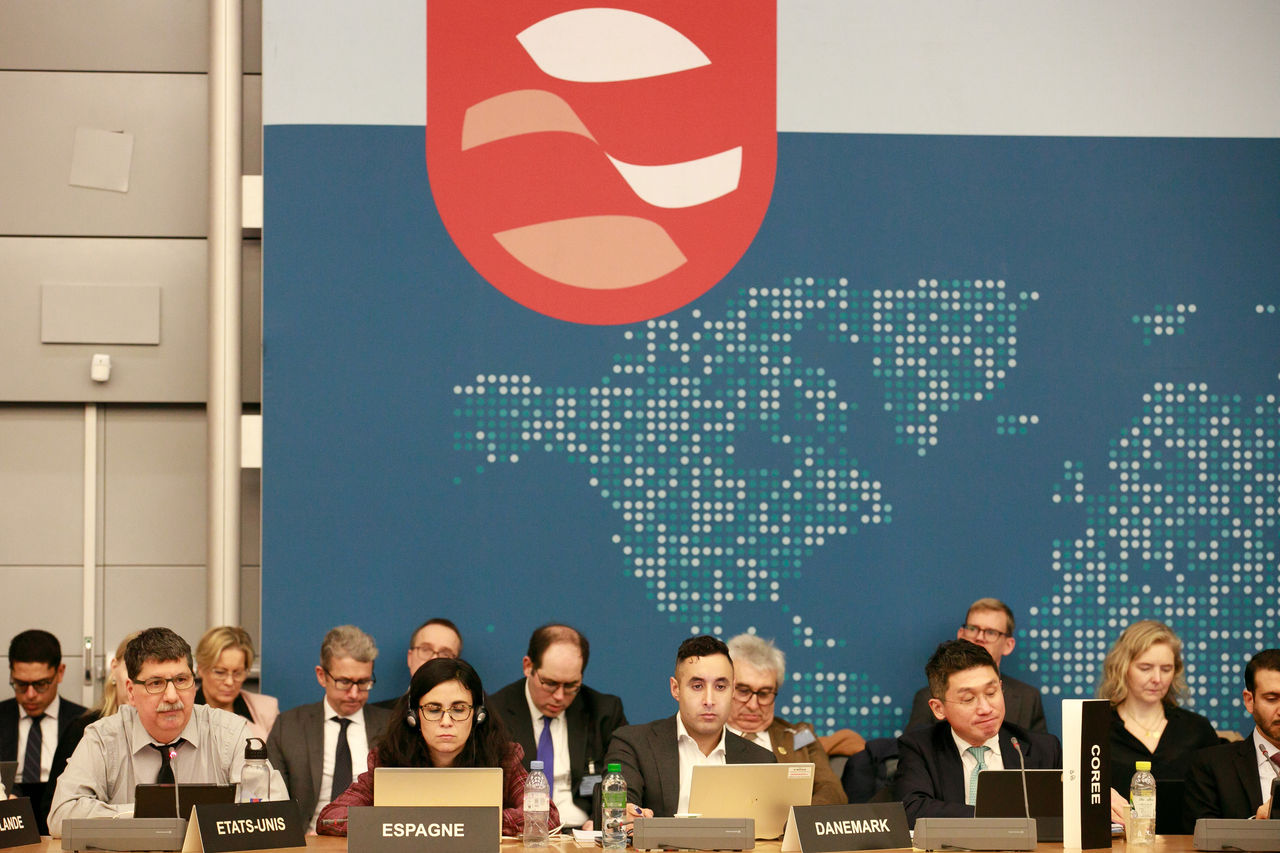
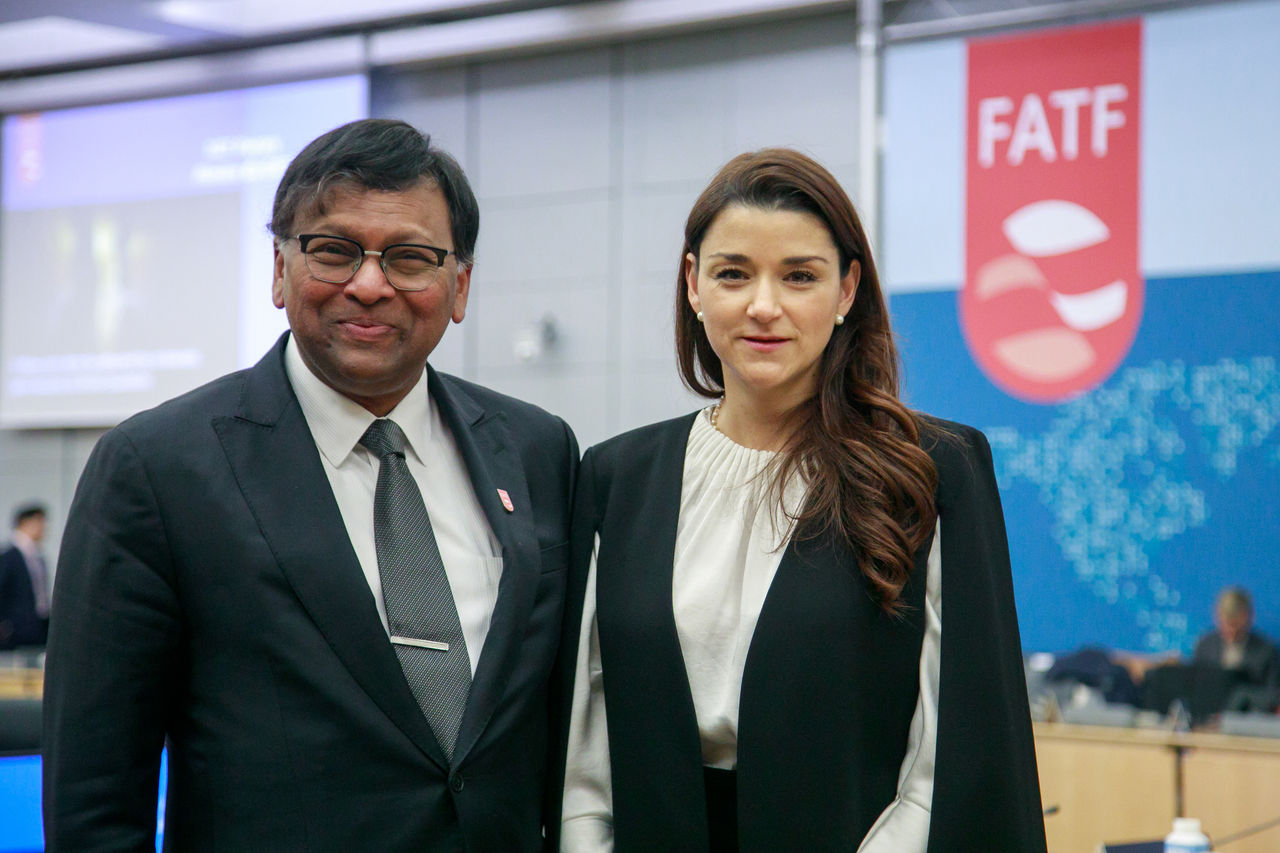

 Twitter
Twitter
 Facebook
Facebook
 Instagram
Instagram
 Linkedin
Linkedin
